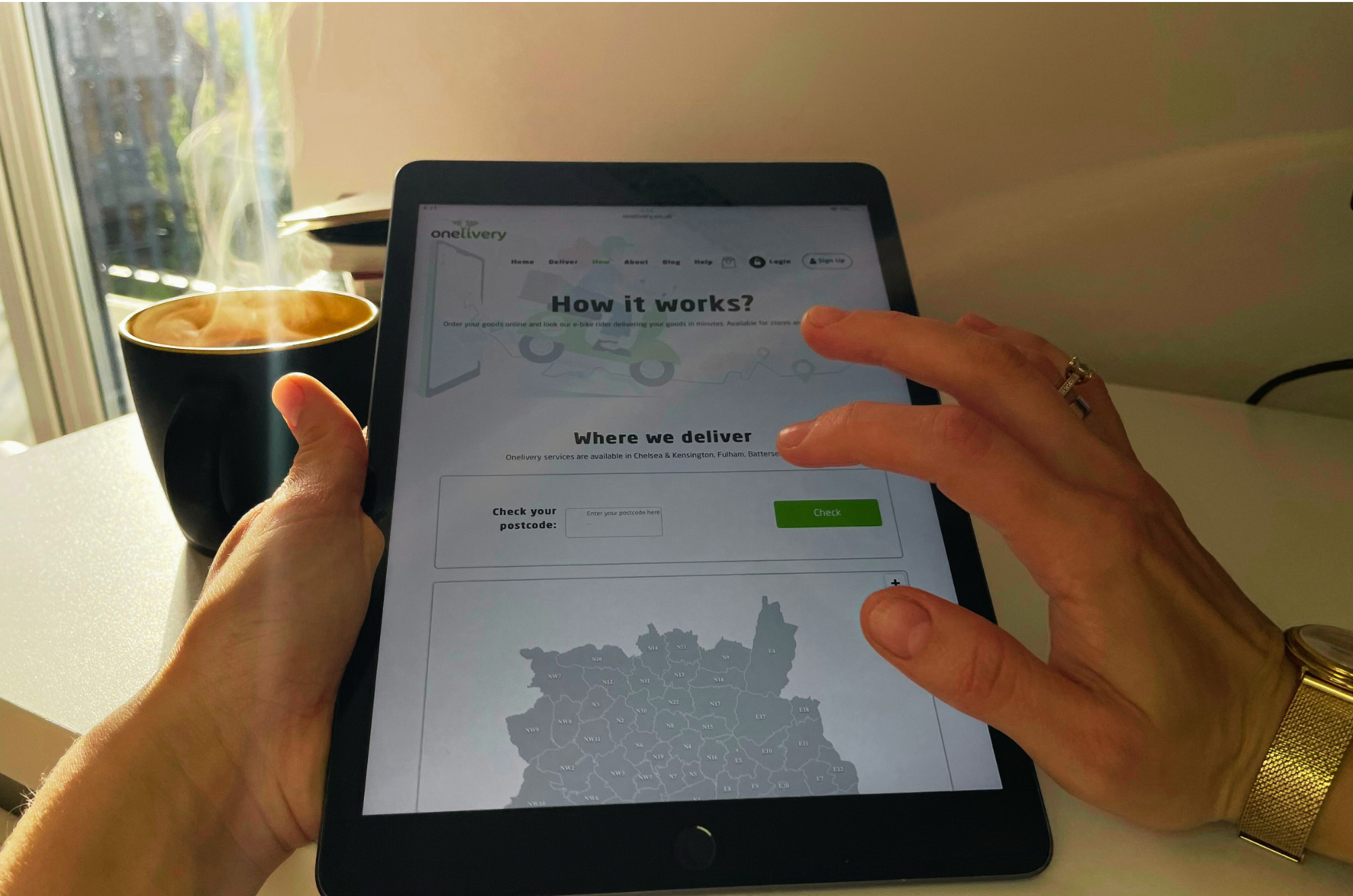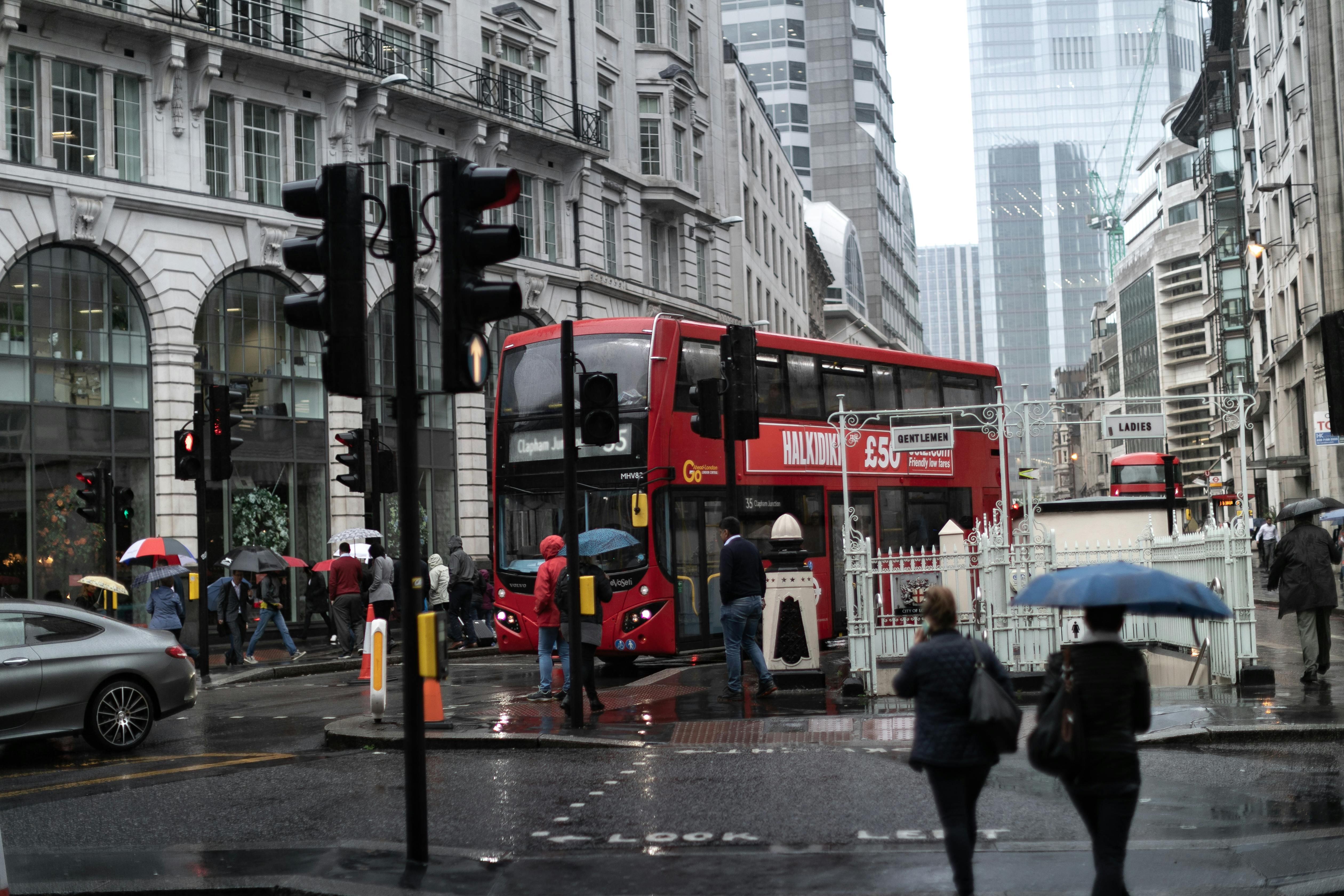As London’s skyline evolves, so does its economic landscape. The delivery sector, often buzzing behind the scenes, has become a cornerstone of job creation, helping countless Londoners navigate the challenges of today’s employment market.
A Boost for Local Employment
Delivery services have become a lifeline for neighbourhoods across Greater London, from Croydon to Camden. Recent statistics reveal that the logistics sector employs over 150,000 people in the capital, with a significant portion attributed to last-mile delivery roles. These jobs extend beyond warehouse work, including bike couriers, EV drivers, and route planners—offering opportunities for people from all walks of life.
Yet, there’s more to this storey than numbers. Consider Camden, where delivery hubs are springing up to meet demand from local businesses and high street retailers. These hubs not only provide jobs but also keep the borough’s bustling high streets alive, delivering goods to residents and retailers alike.
Supporting a Greener London
Sustainability is reshaping the industry, creating new roles focused on eco-conscious operations. Delivery companies are rapidly investing in electric vehicles (EVs), cargo bikes, and pedestrian couriers to cut emissions. Hackney has become a trailblazer in this space, with zero-emission delivery zones leading the charge towards greener urban logistics.
This shift is creating demand for specialised roles like EV maintenance technicians and sustainability coordinators. While these developments promise a cleaner, healthier city, challenges remain. Are there enough charging points to support EV fleets? And can London’s cycling infrastructure keep up with the rise of cargo bikes? Tackling these issues head-on is crucial to ensuring the delivery sector stays both green and efficient.
Breaking Barriers to Employment
Delivery roles are proving to be a gateway into the workforce for many who face barriers to traditional employment. Flexible hours and part-time positions are particularly appealing to students, single parents, and those re-entering the job market.
In Tower Hamlets, where unemployment remains a pressing concern, delivery services are becoming a lifeline for many residents. Flexible roles—whether as bike couriers or EV drivers—are helping people gain experience and secure a steady income in an industry that’s growing as fast as London’s skyline. These jobs are more than just a paycheck; they’re a chance to build skills and lay the foundation for long-term careers.
Balancing Growth and Challenges
While delivery services are creating jobs, they’re also stirring up debates about their broader impact. Some Londoners are concerned about congestion, road safety, and the gig economy’s precarious nature. For example, areas like Southwark and Islington are grappling with increased delivery traffic, prompting calls for better urban planning and regulation. The delivery sector must rise to these challenges, balancing growth with fairness and sustainability. Ensuring fair pay, improving working conditions, and addressing environmental concerns will be key to its long-term success.
Moving London Forward
As London strives to become a more sustainable city, the delivery sector is poised to play a pivotal role in shaping its future. Green technologies, optimised routes, and fair wages are essential to supporting not just the capital’s economy but its communities too.
Delivery services are no longer just about moving goods—they’re about moving lives forward. Whether it’s providing jobs in Tower Hamlets, reducing emissions in Hackney, or supporting businesses in Camden, the industry is helping to transform London’s neighbourhoods one delivery at a time.









